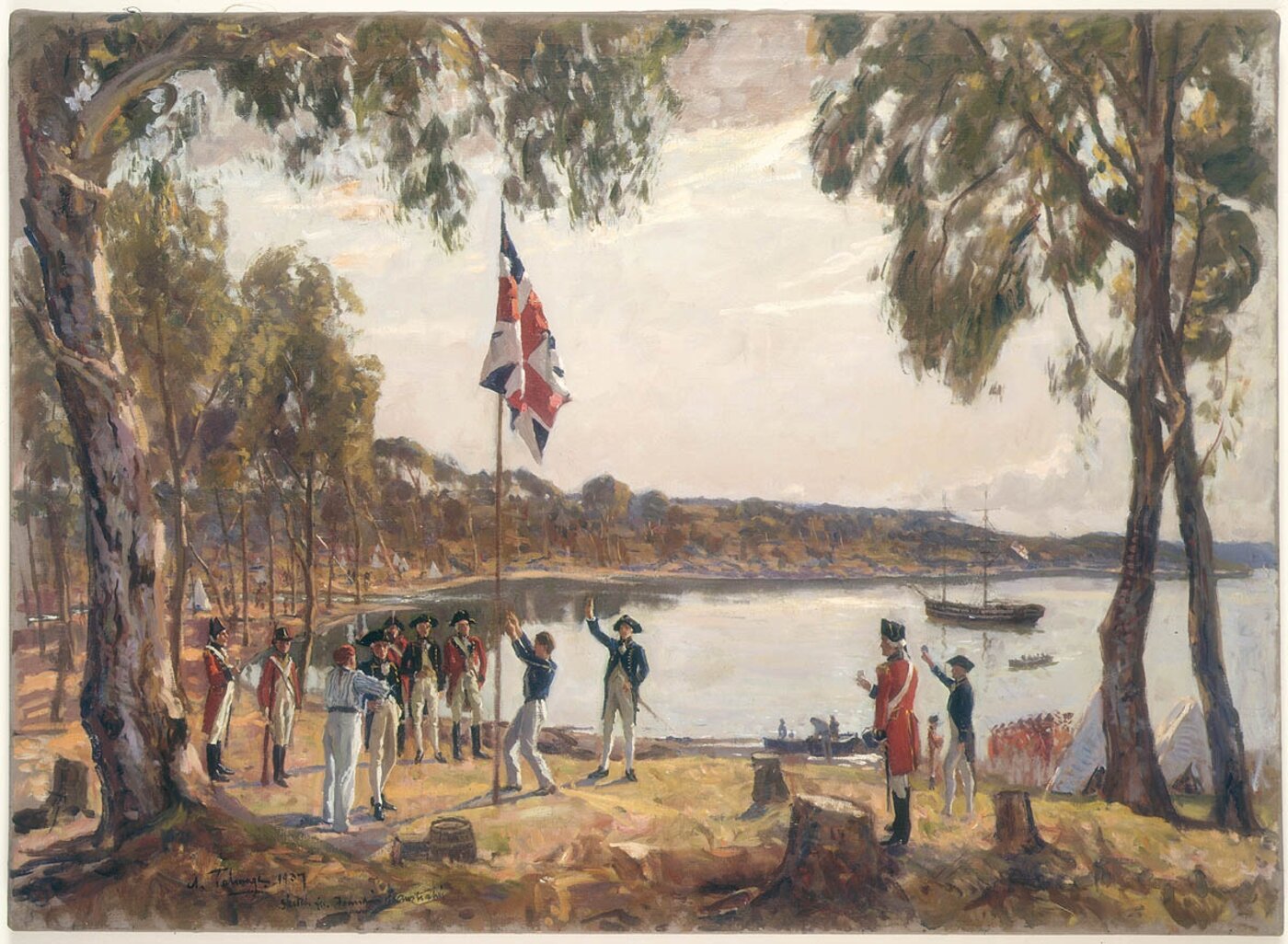
Part Two: Understanding Colonialism
- September 2020
-
October 2020
- Oct 2, 2020 #9 Understanding Colonialism: The New Globalisation: The Age of Monopoly Global Companies
- Oct 9, 2020 #10 Understanding Colonialism: The Early Monopoly Companies and Colonisation
- Oct 16, 2020 #11 Understanding Colonialism: Competitive Colonialism & Defending Colonies
- Oct 23, 2020 #12 Understanding Colonialism: Invasion, Settlement, Slaves and Colonisation
- Oct 30, 2020 #13 Understanding Colonialism: Slaves and Settler Societies
- November 2020
-
December 2020
- Dec 4, 2020 #18 Understanding Colonialism: Death and Impoverishment Part III
- Dec 11, 2020 #19 Understanding Colonialism: Indian Colonialism: A Special Case from 1600 to 1914
- Dec 18, 2020 #20 Understanding Colonialism: Russian Colonisation: Another Special Case
- Dec 23, 2020 #21 Understanding Colonialism: The Invasion of China
-
January 2021
- Jan 1, 2021 #22 Understanding Colonialism: Africa (Part I)
- Jan 8, 2021 #22 Understanding Colonialism: Africa (Part II)
- Jan 15, 2021 #23 Understanding Colonialism: Settler and non-Settler Colonies
#23 Understanding Colonialism: Settler and non-Settler Colonies
The early Colonies from 1492 onwards were all ruled and settled by ‘white settlers.’ The areas settled included the Americas and to a small extent the Portuguese colonised Africa, and the Dutch settled in Southern Africa in 1652. All of these can be characterised as ‘settler colonies.’
#13 Understanding Colonialism: Slaves and Settler Societies
Colonisation and slavery were the cornerstones of the Industrial Revolution. European industrialisation and Atlantic-American slavery as two structural global transformations must be understood as an integral whole. Industrialisation in the 19th century was enough to bring Europe out of a backwater in terms of global wealth and power. The processes of industrialisation have been written about in detail by scholars, and students of economic history will be deeply aware of industrialisation.

